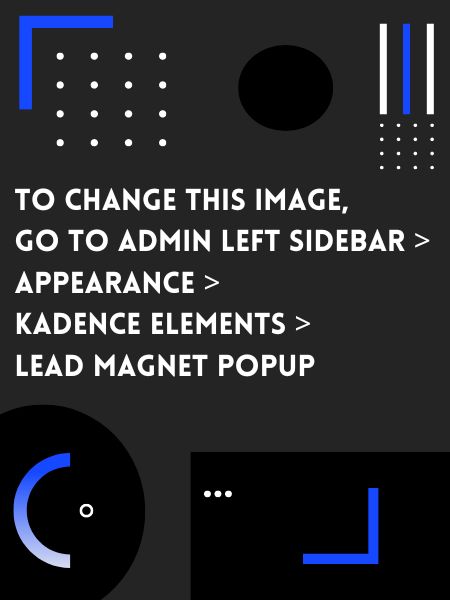On 9th May 2015, SAVE THE FROGS! Ghana KNUST Chapter, the world’s first student chapter of SAVE THE FROGS!, will embark on habitat restoration exercises on campus at the Wewe River in celebration of Save The Frogs Day, the world’s largest day of amphibian education and conservation action. Involving +100 students from different Faculties, they will remove invasive alien weeds and plant 500 seedlings of fast growing native trees within 2-ha of this wetland to protect amphibians and other biodiversity.
Prior to this habitat restoration activity, students conducted surveys to get a complete checklist of local amphibians and also establish permanent monitoring sites of critical amphibian habitats including breeding sites, and areas with the highest population abundance and threatened species. Student members also made announcements of the habitat restoration on faculty and department billboards, pasting flyers and posters to invite the general student body.
These activities are part of an ongoing project dubbed “The KNUST Wewe River Amphibian Project, K-WRAP” which seeks to (1) restore degraded habitats and establish vegetation corridors along the section of the Wewe River (2) establish a long-term programme to monitor species’ population status, and (3) launch an education programme to increase environmental awareness for the amphibians’ long-term protection.
The Wewe River forms part of wetlands and a remnant upland forest, which altogether provide critical habitats for at least 12 amphibian species. Unfortunately, the combination of widespread activities such as waste disposal, illegal farming and tree collection are degrading the habitat of the river’s amphibian species, causing them to suffer significant population declines. Carrying out these activities in Ghana’s premier Science University therefore, is an opportunity to educate and build the capacity of the next generation in amphibian conservation.
Thanks to the Rufford Foundation for being the major sponsor of this programme.



